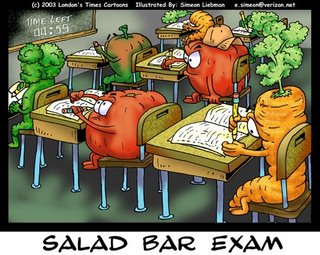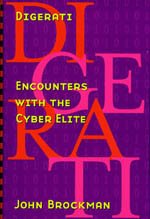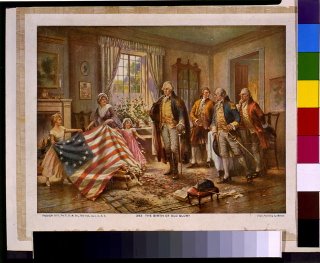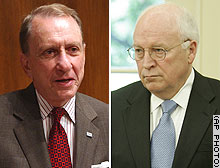Launched after a discussion with a passionate young librarian who cares. Please challenge, change, add to, subtract from, edit, tussle with, and share these thoughts.
------------------
All technologies evolve and die. Every technology you learned about in library school will be dead someday.
You fear loss of control, but that has already happened. Ride the wave.
You are not a format. You are a service.
The OPAC is not the sun. The OPAC is at best a distant planet, every year moving farther from the orbit of its solar system.
The user is the sun.
The user is the magic element that transforms librarianship from a gatekeeping trade to a services profession.
The user is not broken.
Your system is broken until proven otherwise.
That vendor who just sold you the million-dollar system because "librarians need to help people" doesn't have a clue what he's talking about, and his system is broken, too.
Most of your most passionate users will never meet you face to face.
Most of your most alienated users will never meet you face to face.
The most significant help you can provide your users is to add value and meaning to the information experience, wherever it happens; defend their right to read; and then get out of the way.
Your website is your ambassador to tomorrow's taxpayers. They will meet the website long before they see your building, your physical resources, or your people.
It is easier for a camel to pass through the eye of a needle than to find a library website that is usable and friendly and provides services rather than talking about them in weird library jargon.
Information flows down the path of least resistance. If you block a tool the users want, users will go elsewhere to find it.
You cannot change the user, but you can transform the user experience to meet the user.
Meet people where they are--not where you want them to be.
The user is not "remote." You, the librarian, are remote, and it is your job to close that gap.
The average library decision about implementing new technologies takes longer than the average life cycle for new technologies.
If you are reading about it in Time and Newsweek and your library isn't adapted for it or offering it, you're behind.
Stop moaning about the good old days. The card catalog sucked, and you thought so at the time, too.
If we continue fetishizing the format and ignoring the user, we will be tomorrow's cobblers.
We have wonderful third places that offer our users a place where they can think and dream and experience information. Is your library a place where people can dream?
Your ignorance will not protect you.












